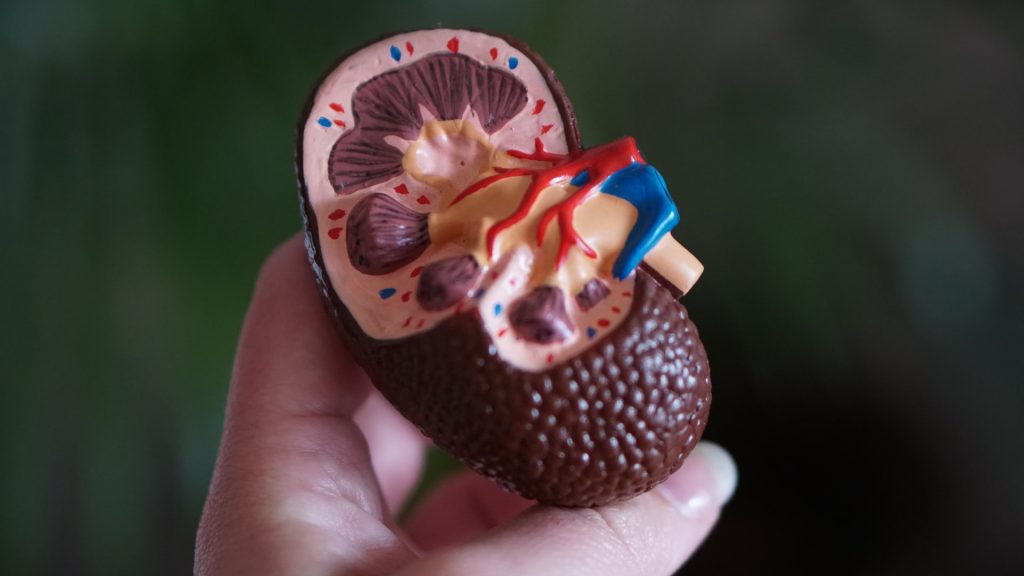
University of South Australia (UniSA) researchers have discovered that a certain enzyme may help to curb chronic kidney disease, which affects nearly 10% of the world’s population.
This enzyme, known as NEDD4-2, is critical for kidney health, said UniSA Centre for Cancer Biology scientist Dr Jantina Manning.
Chronic kidney disease (CKD) is defined as the presence of kidney damage or reduced filtration rate, persisting for three months or more. It is a state of progressive loss of kidney function ultimately resulting in the need for dialysis or transplantation.
Dr Manning and her colleagues, including Professor Sharad Kumar, Chair of the UniSA Centre for Cancer Biology, have shown in an animal study that there is a link between a high salt diet, low levels of NEDD4-2 and advanced kidney disease.
While a high salt diet can worsen some forms of kidney disease, it was not previously known that NEDD4-2 is involved in promoting this salt-induced kidney damage.
“We now know that both a high sodium diet and low NEDD4-2 levels promote renal disease progression, even in the absence of high blood pressure, which normally goes hand in hand with increased sodium,” says Dr. Manning.
The NEDD4-2 enzyme regulates the pathway required for sodium reabsorption in the kidneys to ensure correct levels of salt are maintained. If this enzyme is reduced or inhibited, increased salt absorption can result in kidney damage.
Even if people are on a low salt diet, they can get kidney damage if their levels of NEDD4-2 are low due to genetic causes.
Prof Kumar said the goal is to eventually to develop a drug that can raise NEDD4-2 levels in people who have CKD.
“We are now testing different strategies to make sure this protein is maintained at a normal level all the time for overall kidney health,” Prof Kumar said. “In diabetic nephropathy—a common cause of kidney disease—levels of NEDD4-2 are severely reduced. This is the case even when salt is not a factor.”
The study also revealed one other unexpected finding: that kidney disease induced by high salt diets is not always the result of high blood pressure.
“In a lot of cases, kidney disease is exacerbated by hypertension, so we wanted to investigate that link in our study. In fact, we found the complete opposite—that a high salt diet caused excessive water loss and low blood pressure. This is significant because it means that kidney disease can also happen in people who don’t have high blood pressure,” Dr Manning said.
A Lancet paper from 2020 estimated that about 700 million people—about 10% of the world’s population—suffer from chronic kidney disease, and has seen a 29% increase in the past 30 years. This massive surge in CKD is mainly due to the global obesity epidemic. Overweight and obesity lead to diabetes, one of the leading causes of CKD, along with high blood pressure. Between 1980 and 2014 there was a 300% increase in diabetes, according to World Health Organization statistics. This makes it one of the top 10 causes of death worldwide.
“Obesity and lifestyle are two main factors driving chronic kidney disease but there are other things at play as well,” said Dr Manning. “Acute kidney injuries, drugs taken for other conditions, high blood pressure and a genetic predisposition can also cause it.”
Source: Medical Xpress
Journal information: Jantina A. Manning et al. The ubiquitin ligase NEDD4-2/NEDD4L regulates both sodium homeostasis and fibrotic signaling to prevent end-stage renal disease, Cell Death & Disease (2021). DOI: 10.1038/s41419-021-03688-7

